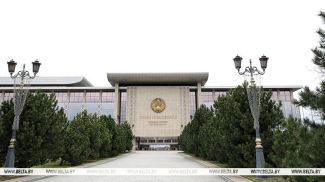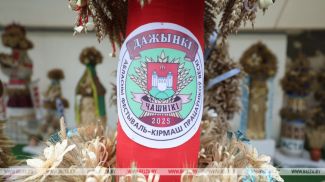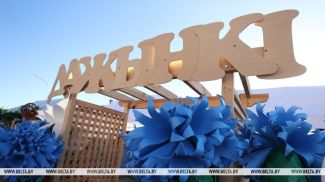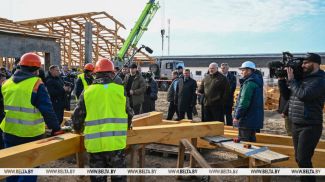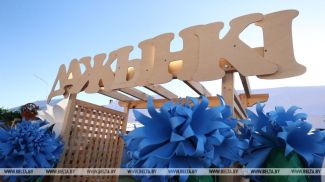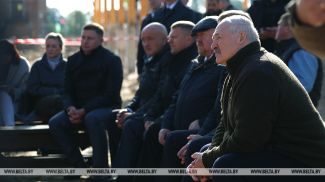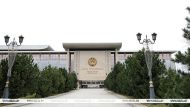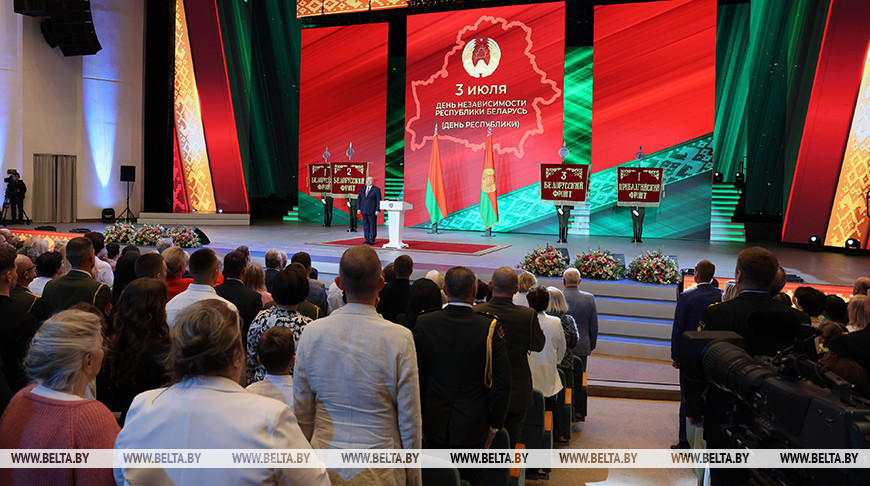
MINSK, 1 July (BelTA) – The liberation of Minsk from Nazi occupation marked a turning point in the spiritual and civic formation of the nation, Belarusian President Aleksandr Lukashenko said during a solemn assembly held on 1 July in anticipation of Independence Day, BelTA has learned.
The head of state emphasized that Independence Day is a holiday of fundamental importance to the Belarusian people.
“Independence means a free and peaceful life, security, and confidence in tomorrow. That is how we should understand our independence. The Belarusian people remember well what it means to lose all of that in an instant, and they know what it means to sacrifice for the future of the Fatherland. This has happened more than once in our history. But the date of Minsk’s liberation from Nazi occupation, 3 July, became a turning point, a milestone in the spiritual and civic formation of the nation, forged in fire and blood,” Aleksandr Lukashenko stated.
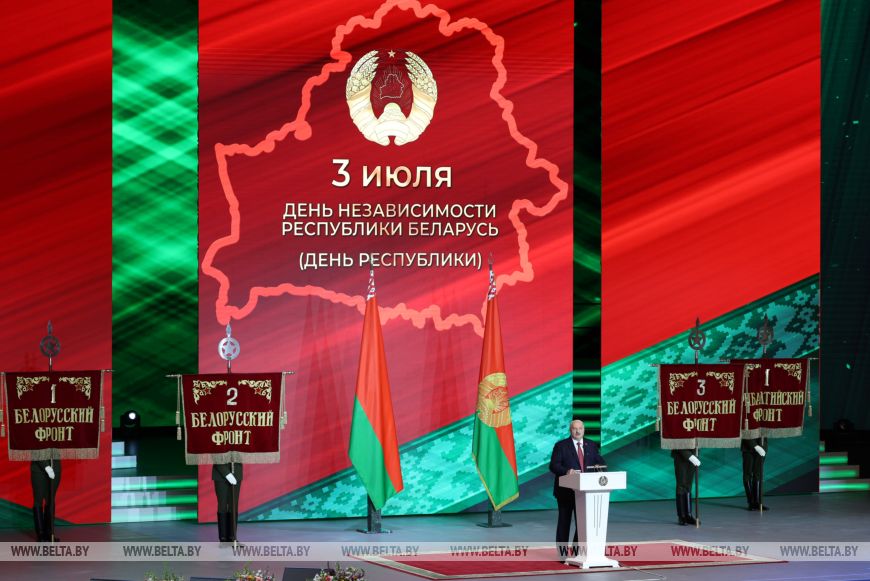
The president noted that the Great Patriotic War, which was the most inhumane of all wars, had a strong and deep impact on the entire global community. “On everyone. The invasion of European countries by Nazi Germany made people on every continent think about the value of freedom and the fragility of life,” the head of state said. “The myth of security guarantees collapsed before the eyes of the world: the guarantees that were supposed to be upheld by military alliances, coalitions, non-aggression pacts, and other international agreements. Listen, it seems like we are talking about today.”
According to Aleksandr Lukashenko, the example of Belarus, that lost a third of its population in less than three years, including the most vulnerable groups (women, the elderly, and children), divided history into a “before” and “after.”
“And this was not just a war fought on Belarusian soil against us. It was a true genocide. It was not just our history that was divided. Everyone who followed the battle of the century, which began at Brest Fortress, where the aggressor faced the first proper resistance, understood that the fate of the world would be decided here, on East Slavic lands. And it would be decided by our Red Army. This historical fact is both our pain and our pride,” the Belarusian leader emphasized.




